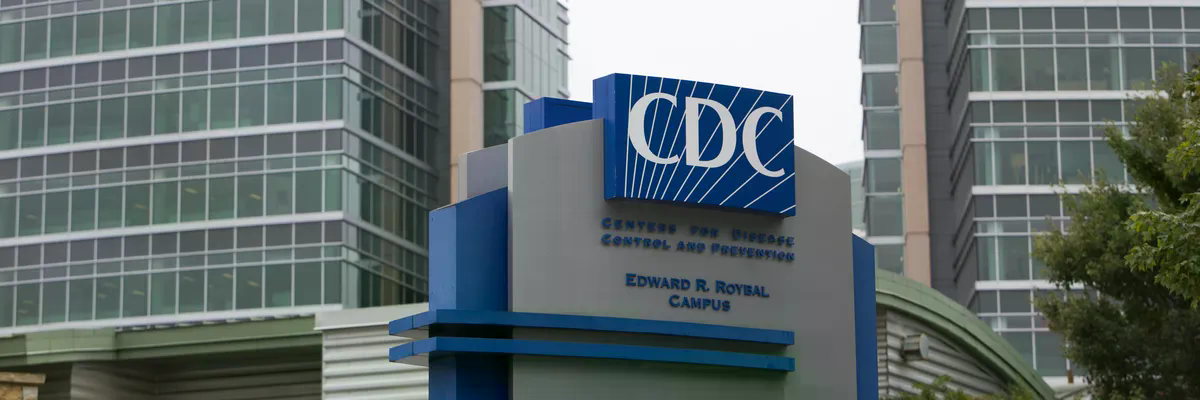
The Trump administration has implemented widespread layoffs of federal public health officials, prompting concerns from experts that the move could leave the United States vulnerable to future disease outbreaks.
According to reports, the cuts at the Centers for Disease Control and Prevention (CDC) occurred on Friday night and affected a broad range of staff, including leaders in offices focused on respiratory diseases, chronic conditions, injury prevention, and global health. The entire CDC office in Washington, D.C., was reportedly eliminated, along with the team responsible for the Morbidity and Mortality Weekly Report—a publication known for its early reporting on AIDS in 1981.
Additionally, several dozen Epidemic Intelligence Service officers, often referred to as “disease detectives” due to their role in tracking global outbreaks, were also terminated. These officers play a critical role in identifying and responding to emerging health threats.
Dr. Jeremy Foust, an emergency physician at Brigham and Women’s Hospital in Boston and an assistant professor at Harvard Medical School, cited internal estimates suggesting that between 1,100 and 1,300 CDC employees were being laid off under the administration’s plan.
Public health professionals have expressed alarm over the scale and timing of the cuts. Dr. Catharine Young, a senior fellow at the Harvard TH Chan School of Public Health, called the action a “Friday night massacre,” warning that it undermines the nation’s capacity to detect and respond to health crises.
“This isn’t streamlining the government—it’s dismantling our ability to detect and respond to outbreaks before they spread,” she wrote on social media. “You can’t cut your way to safety.”
Dr. Angela Rasmussen, a virologist based at the Vaccine and Infectious Disease Organization in Canada, described the CDC as “being eviscerated right now.” She warned that the loss of key personnel would significantly weaken the country’s ability to manage public health emergencies.
“America is not going to have any kind of outbreak response capacity after tonight,” she said. “Americans’ health data is no longer secure. Say goodbye to federal public health in any capacity. It’s a disaster. We won’t recover.”
Political figures and medical professionals have also voiced strong concerns. Dr. Abdul El-Sayed, a physician and Democratic candidate for the U.S. Senate in Michigan, argued that the layoffs increase the risk of deadly diseases like Ebola spreading unchecked. He highlighted the potential consequences of removing critical public health infrastructure.
Dr. Michelle Au, an anesthesiologist and Georgia state representative, emphasized the timing of the cuts, noting that the U.S. was entering a period of heightened viral activity, including seasonal flu, COVID-19, and RSV. She criticized the decision as reckless.
“It’s always harder to build things than to break them,” she observed. “And breathtakingly easy to destroy the things you don’t value, let alone understand.”


